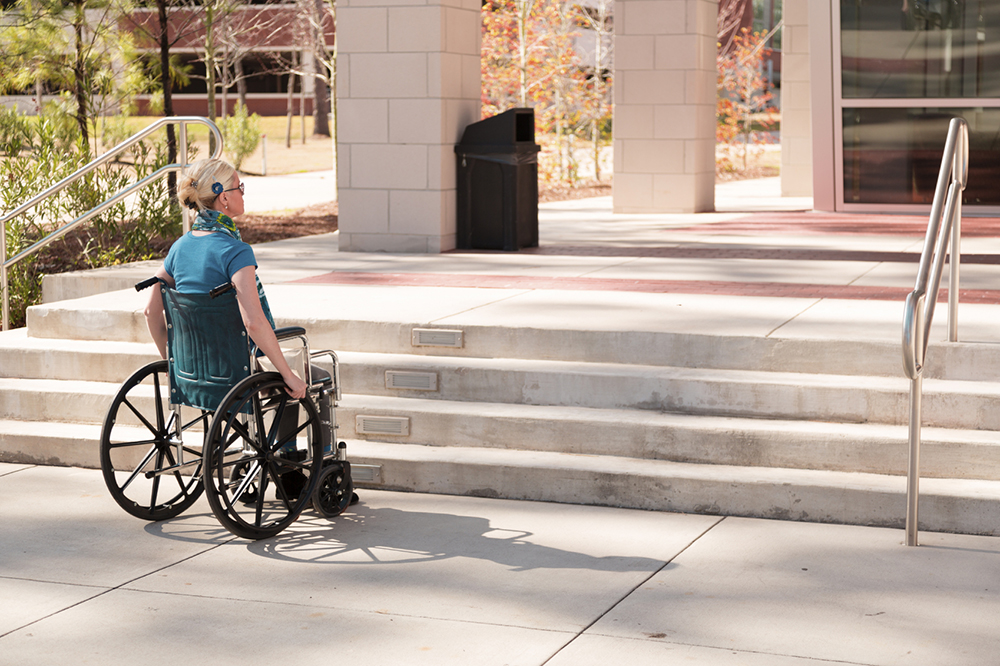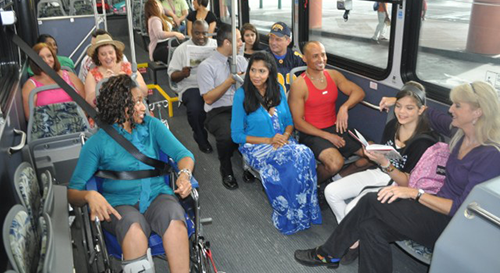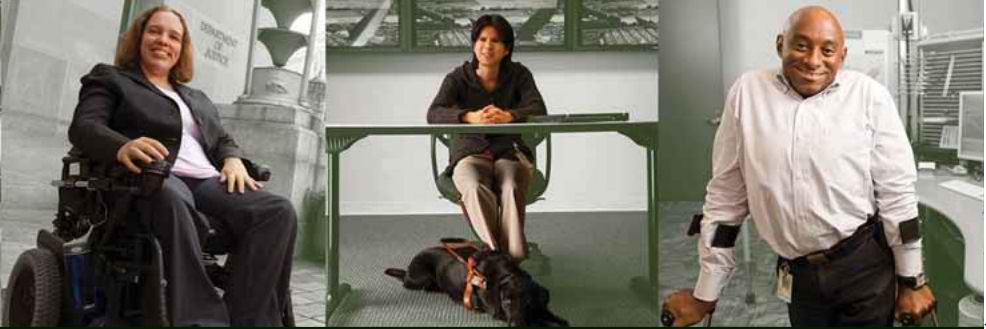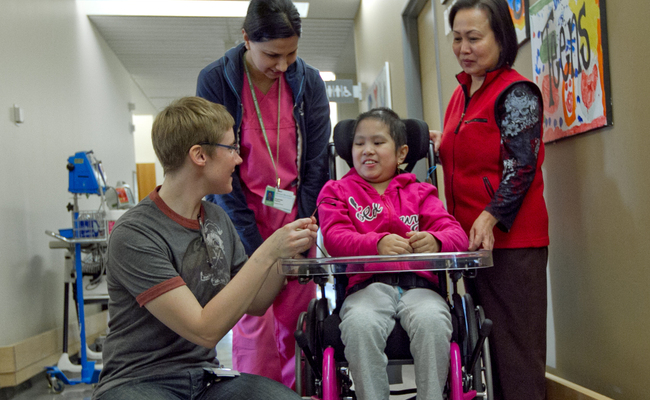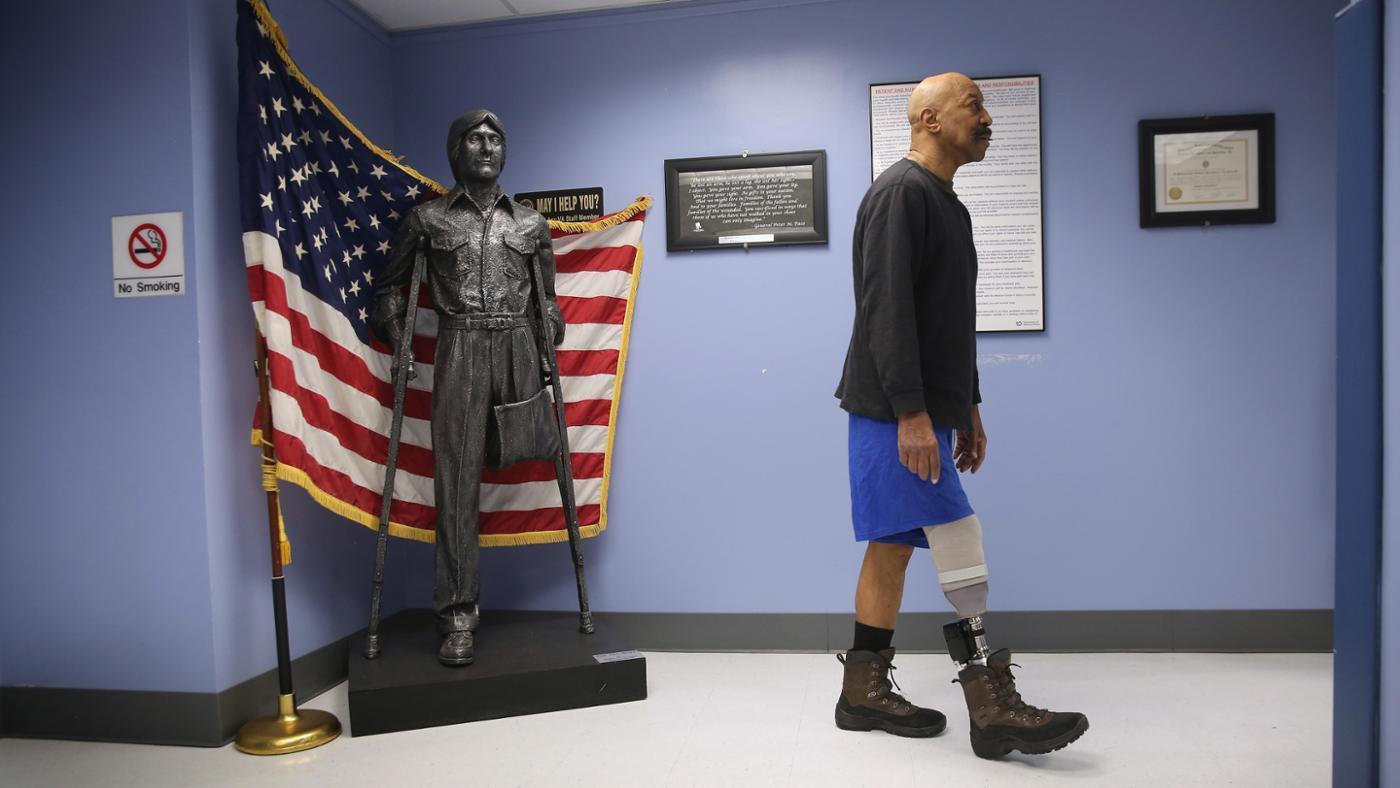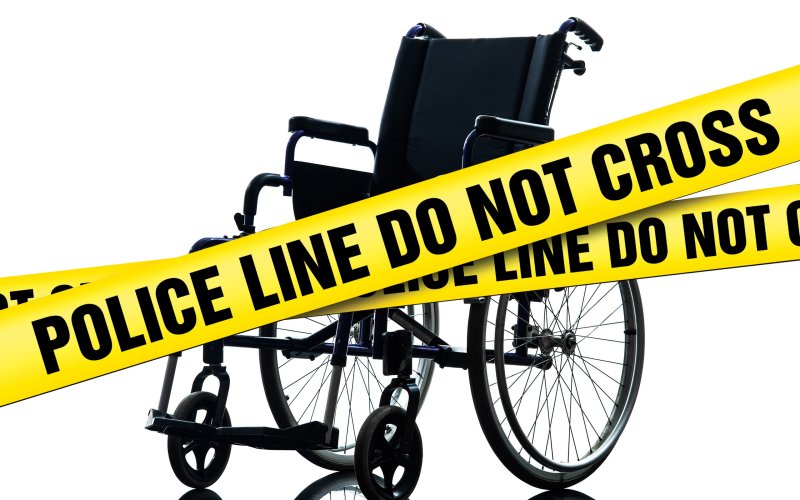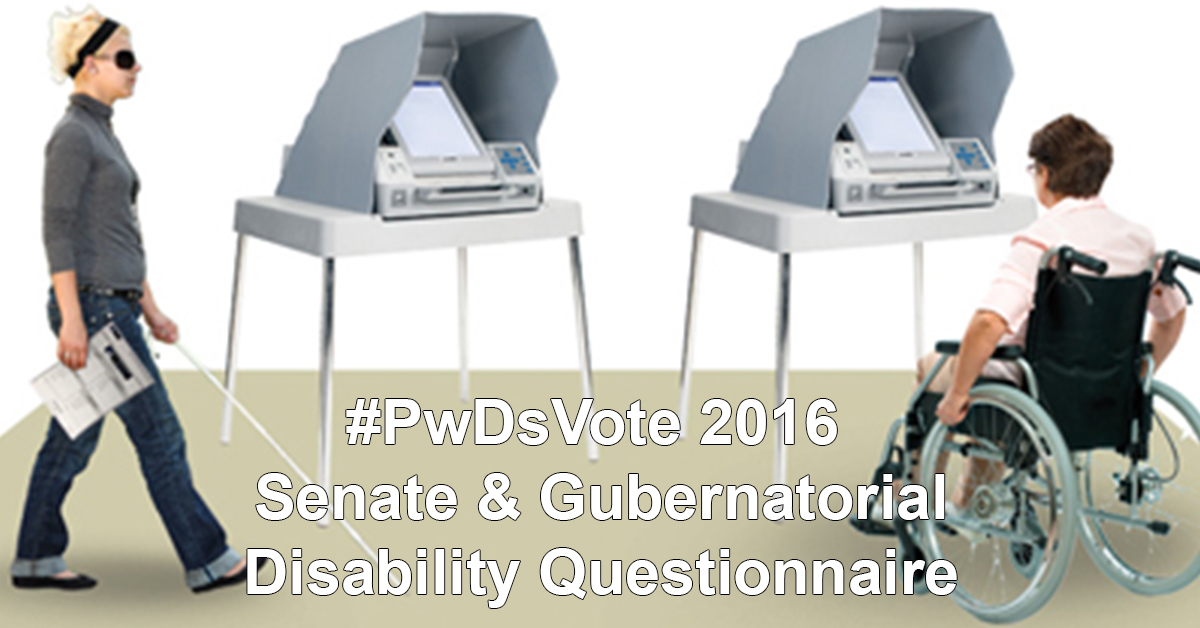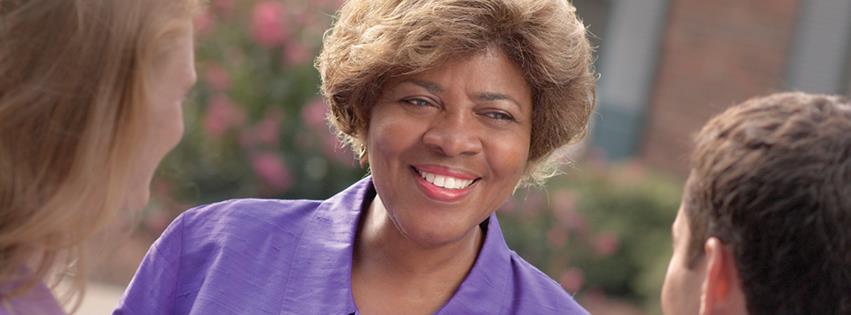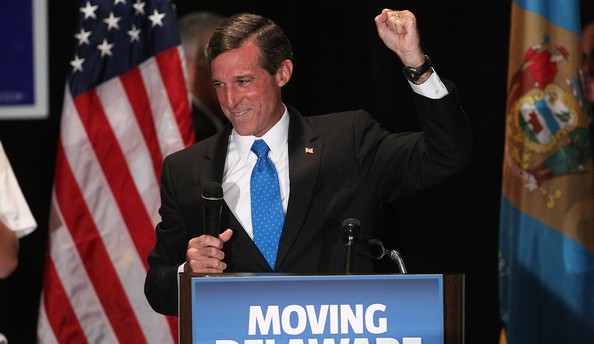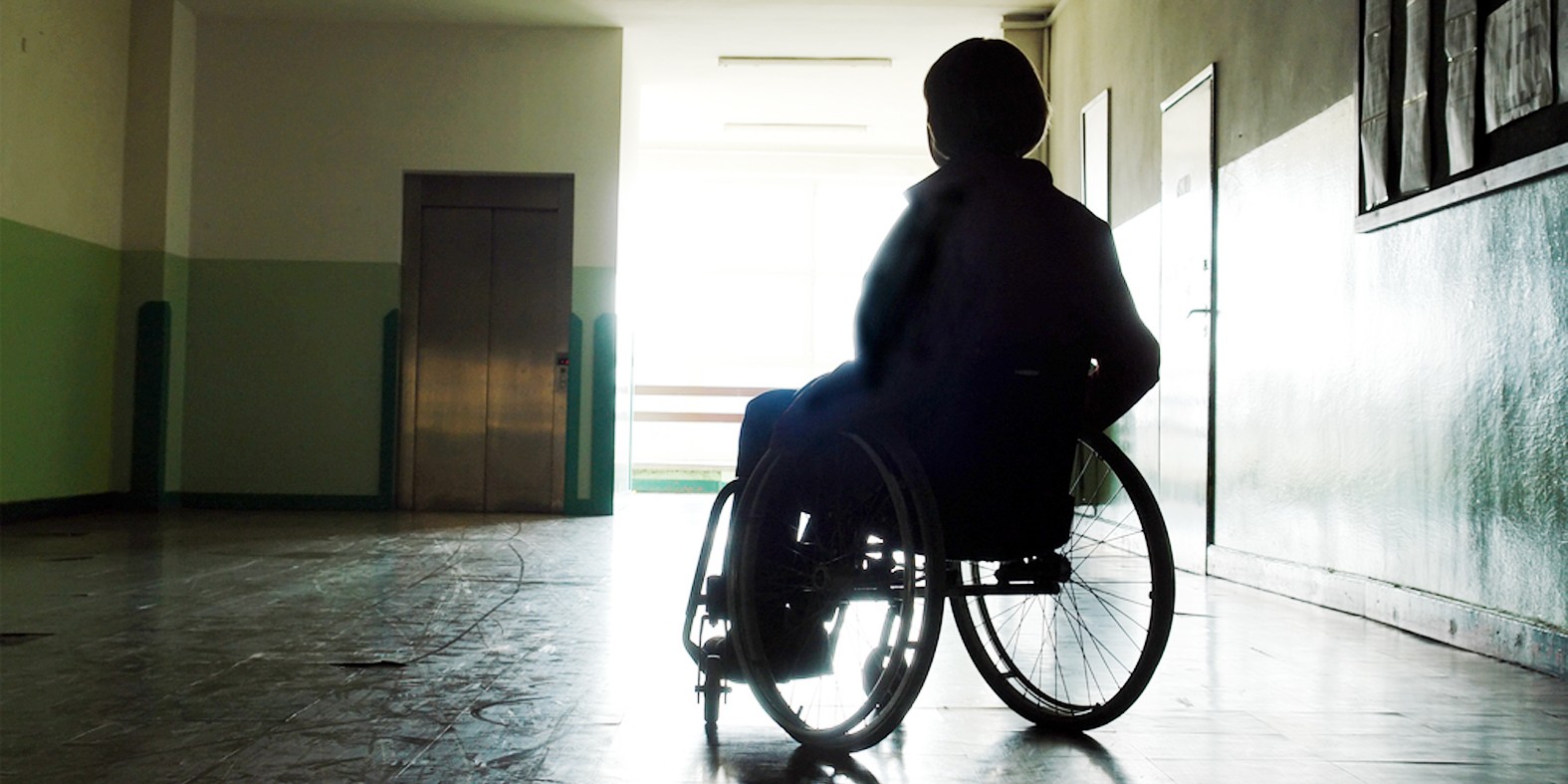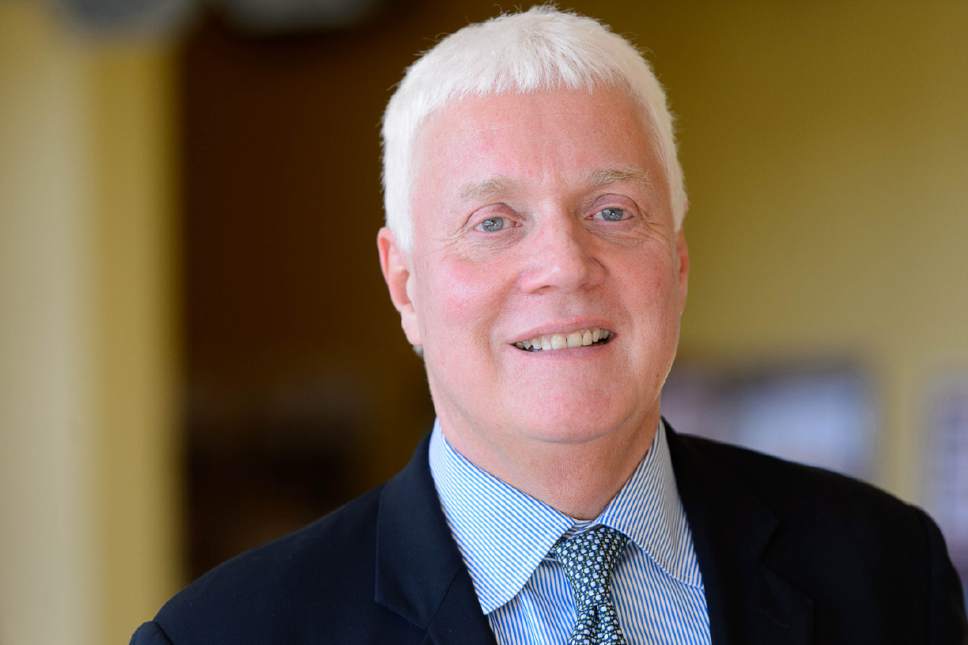Washington, Nov. 3 – In theory, the Americans with Disabilities Act (ADA) opened the door to employment for many people with physical disabilities by requiring that buildings be physically accessible. In practice, however, workplace accessibility for many people with disabilities is far from universal.
Many employers have offices in buildings that predate the ADA and therefore don’t have elevators, accessible bathrooms or necessary assistive technology for people of all abilities to be able to work there. In addition, the ADA exempts companies with fewer than 15 employees from having to abide by ADA standards, so many miss out on a chance to work for a smaller organization.
Therefore, as part of the #PwDsVote Disability Questionnaire, the nonpartisan, nonprofit disability organization RespectAbility asked candidates running for president, senate or governor about their plans to address this issue. Every candidate was given an equal opportunity to respond and if they are not listed, it is because they declined to answer.
Many campaigns lack basic accessibility – from websites being accessible for people using screen readers to videos lacking captions for the 37.5 million American adults who are deaf or hard of hearing. In addition, not all campaign events are ADA accessible, including parking, entrances and bathrooms. Many lacked ASL interpreters and live captioning services.
The quotes in this article are the candidates’ answers to questions 1 and 2 in the gubernatorial/senate questionnaire: “Do you have designated advisors and clear processes for making decisions on disability issues? Is your campaign accessible and inclusive to people with disabilities?” These were adapted from similar questions, numbers 1 and 11, in the presidential questionnaire.
In Delaware, both candidates for the open gubernatorial seat have worked to ensure they have accessible campaigns by seeking input from both family members and constituents with disabilities. Whomever wins will have big shoes to fill as current Delaware Gov. Jack Markell, who is term limited, is a hero to the disability community. Markell was awarded recognition by RespectAbility this summer for his leadership nationally in creating more job opportunities for people with disabilities.
“I have learned about disability issues from constituent calls seeking assistance as well as disability community meetings as a member of the legislature,” Republican State Sen. Colin Bonini replied. “We hold meet and greets at various locations including restaurants. We ask the locations if their events are accessible prior to setting an event up and it is our goal to hold events at locations that are accessible.”
“I have strong relationships with members of Delaware’s disabilities community, and I rely on them for advice and guidance on how to best serve the needs of those with disabilities,” Democrat Rep. John Carney replied. “My campaign welcomes all Delawareans to share their thoughts and concerns about the future of our state. We ensure that our offices and community events are always accessible for anyone who wishes to participate in the election process.”
Check out all of the candidates’ full responses below:
